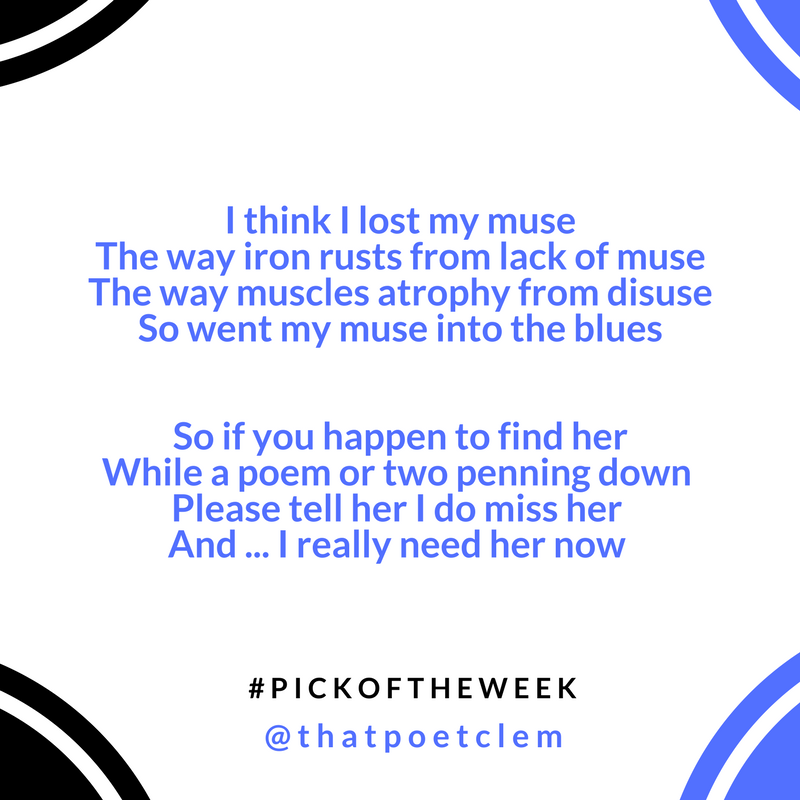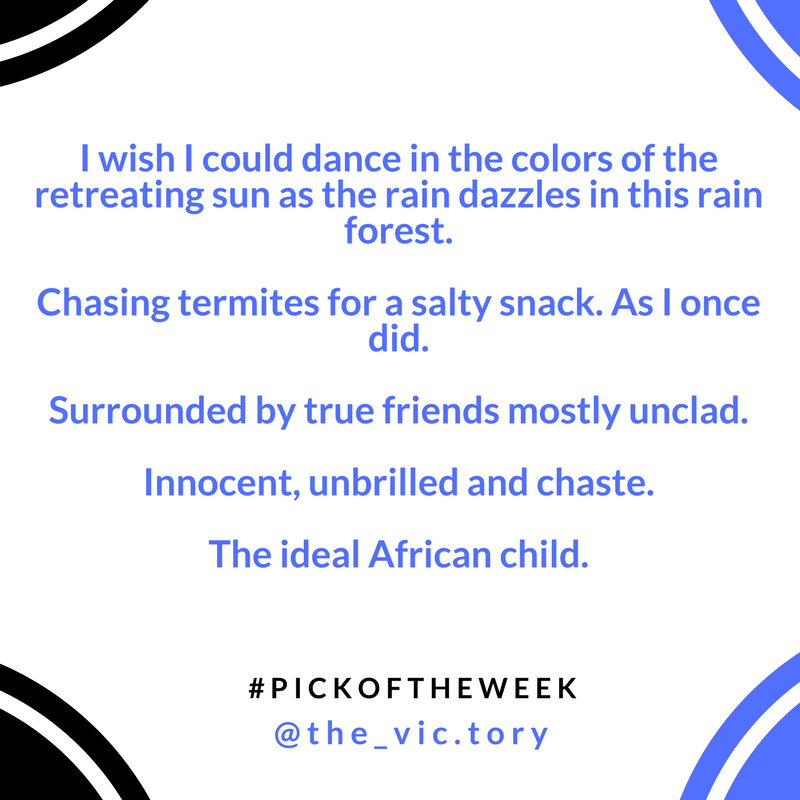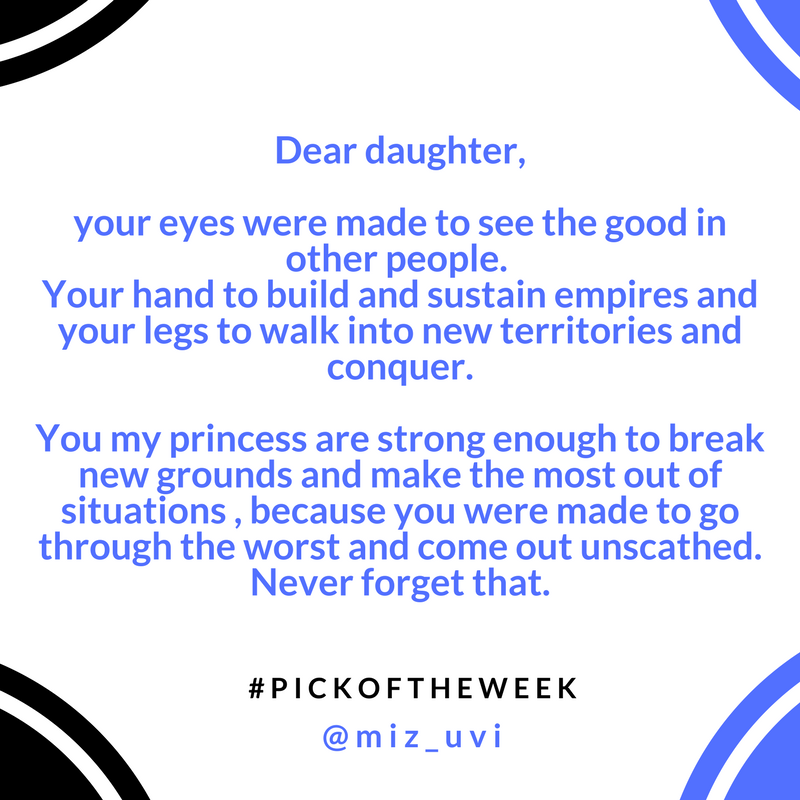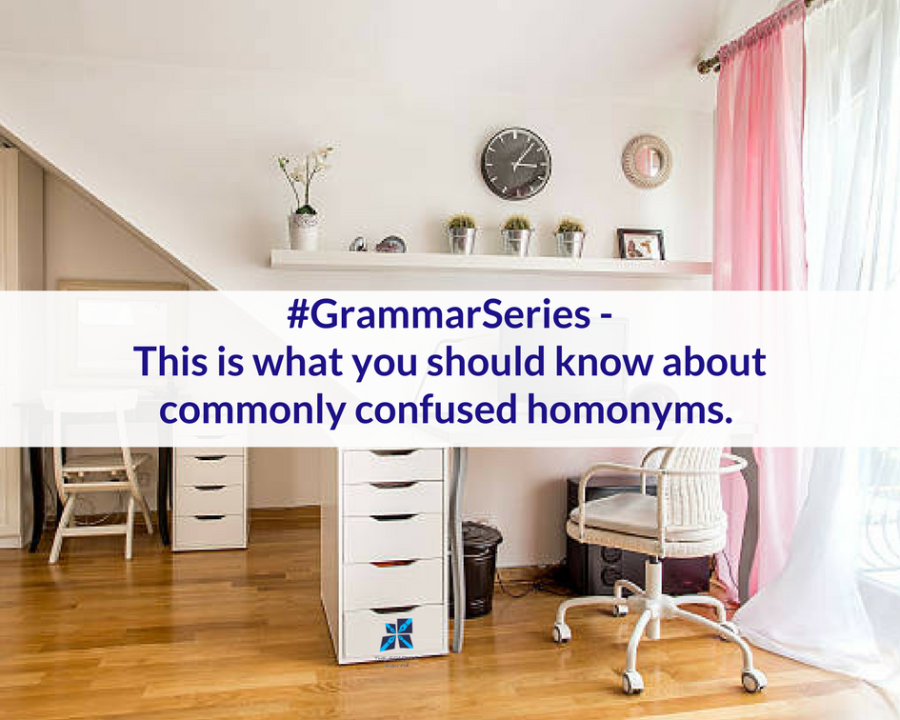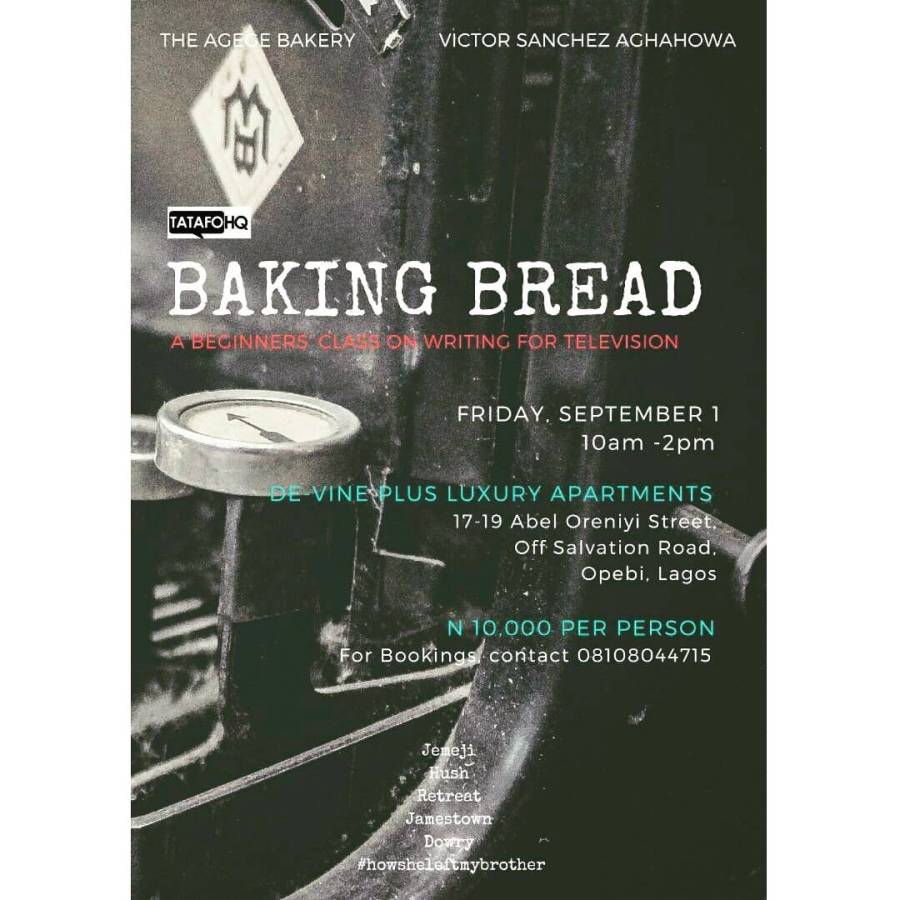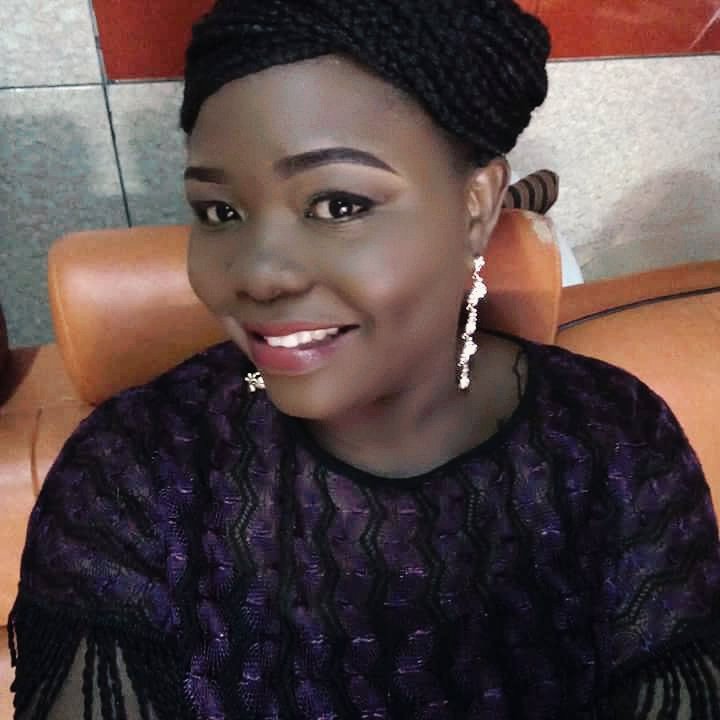
We love it when we read stories like this. You may be wondering what kind of stories we are referring to. Wait till you read today’s interview. Let’s just say that our guest left the writing scene because of a setback but she is back in all her splendour and with a new book.
If you have left the writing scene because of a negative comment, the loss of your manuscript or another form of disappointment, get ready to be inspired to come back. Enjoy.
Hello, Amaka. Could you please introduce yourself in a few words?
Amaka Chika-Mbonu is a lover of God, a wife, mother, author, poet counsellor, and motivational speaker. She is also the Managing Editor of her online magazine TemptTations, a magazine for the women you were, the woman you are and the woman you aspire to be.
Would you say that you were born to be a writer?
Yes, I would definitely say that. I have been writing since I was a child. I was a voracious reader, still am, and for as far back as I can remember, I would write short once upon a time stories of my own that my Mum would keep for me. Wish I knew where those were now. I started my first novel when I was in the University, years ago. I had actually gone quite far, unfortunately, that manuscript got lost, and it wasn’t in this day of computers, where you can save files and documents. It was handwritten, so that was it. It actually put me off writing for quite a while.
What ignited your passion for writing and when did you decide to pursue writing fully?
I’m not really sure that I can think of a particular thing that ignited my passion for writing. I just found that I had a way with words, was quite a deep thinker, and God had gifted me to do just that. I have two young adult children, and I decided to pursue it fully after my daughter, who is the last born, went into the university, and her words to me as she left were, “Mumma, you’ve done ‘us’, (her and her brother) all your life, now it’s time to do you.”

You recently released your book ‘How to get your wife to swing from the chandelier’. Why did you decide to write this?
I decided to write my book, ‘How To Get Your Wife To Swing From The Chandelier In A Red Negligée’ because it’s obvious that many marriages today are in trouble. The rates of divorce, separation, or just merely staying together, not happy together, seem to be at an all time high. Marriage has become more of a fearsome tale than a fairytale. A lot of this (not necessarily all), originates from a place of what I like to call, ‘mixed communication’ because men and women communicate so very differently. My book gives men deep insight into the mind of a woman, and women, a voice to speak their heart to their man, and seeks to lend its voice, to the many voices looking to bridge that communication gap.
The book has a very interesting title. Were you ever scared about how it would be received?
Yes, the title is quite risqué isn’t it? Yes, I was a bit worried about how it would be received. I am a person of faith and a renowned Pastor had said to me, “Amaka, that title, that title.”
Can tell us some of the challenges you faced when writing the book and how you overcame them?
Challenges? Mostly it was just trying to push myself to finish it. Then I guess I could say there was a bit of a challenge with the proofreading and editing process. It’s my first published book, but I’ve found that I tend to write in the same style as I speak, very informal, conversational, slightly tongue-in-cheek. This, I was told might be confusing to someone who doesn’t know me personally, but it’s deliberate because I want my readers to feel like they do know me, that they are with me, and that I am speaking directly to them. I’m pretty sure that by the time I publish the next book, and the next, my readers will get it.
Aside from being an author, you are also a poet. Can you please tell us what you love most about being a poet?
I love the raw emotion that can be expressed so powerfully in a poem. It’s like a small potent fusion of words and imagery that just hits you, and if the poet does it right the reader can, in that instant, feel where the poet was in their mind, emotions, and psyche, at the point they were writing. My poems come from a very deep place and are a constant ongoing project that I keep adding to as my life unfolds. They are so personal, I’m not sure if that anthology will ever see the light of day, but we’ll see.
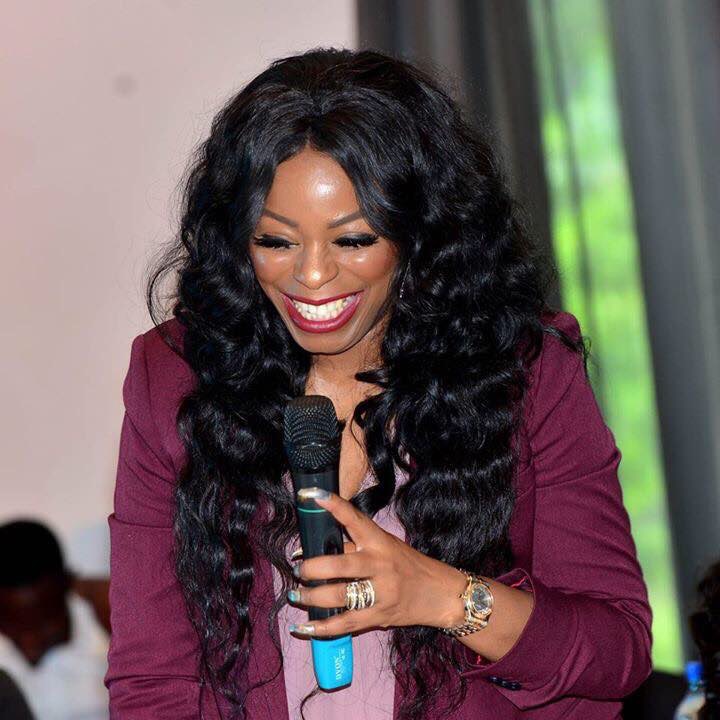
There are many writers who would love to become authors but they are scared. What words of encouragement do you have for such writers?
Just keep writing, make sure that you’re are writing about something you are really passionate and knowledgeable about, you yourself will then find that you want the message to be out there, and so will seek ways to publish. As with everything in life writing will require some form of discipline, and as with everything in life, you do it by doing. You just have to begin, and commit to finishing, one word at a time.
Our publishing industry is not where it needs to be yet. In your opinion, what can writers do to overcome the prevailing challenges of getting published?
I am a new author, not sure I am qualified to comment on our publishing industry. To be honest, I didn’t really have a lot of difficulty publishing. I self-published, albeit through a publishing firm that was very supportive of me.
What is more difficult; editing or writing and why?
Each process has its own difficulties, but for me, I”d probably say the editing. Why? Because of the back and forth with the manuscript, and the ‘struggle’ to ‘protect’ the, should I say, style of one’s work vis a vis the ‘suggestions’ of the person editing and proof reading.
In your years as a writer, what has been your greatest achievement?
Hmm “…years as a writer?” “…greatest achievement?” I guess I have been a writer for many years, but a published author for, not that long. So, again, am I qualified to comment? I’ll try. I’m not sure I’ll categorically qualify this as my greatest achievement, but I will class it as an achievement for me, and that is, publishing my book, ‘How To Get Your Wife To Swing From The Chandelier In A Red Negligée’.
What words of advice do you have for writers and those who have a passion for writing?
Write, write, and continue to write.
If you know any writer who you feel should be featured on our #WriterSpotlight segment or you are that writer, please send an email to thesparklewritershub@gmail.com.




